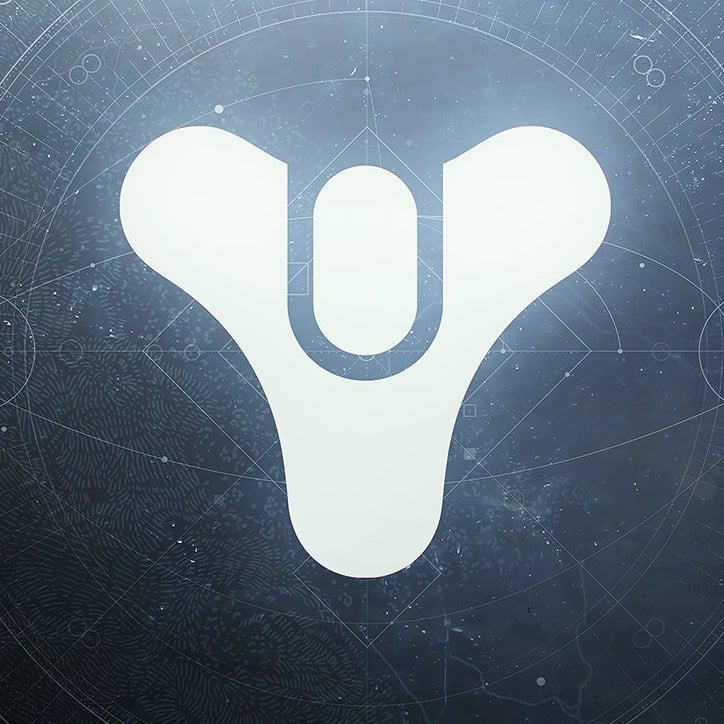I’m a bit concerned about the fact that they didn’t mention new raids or dungeons on the post-final shape episode releases. Does that mean we will be getting less raid and dungeon releases? I was listening at work so I may have missed something, but I don’t recall that being on the timeline.
- 0 Posts
- 7 Comments
This isn’t a monopoly issue. Other launchers exist. Most of the games on Steam are available on these other launcher, yet people still prefer Steam.
I can only speak for myself, but I prefer Steam because it’s more customizable so I can set it to open to my library first instead of a rotating ad banner, the storefront ads are not intrusive and can be easily ignored, and steams remote play is something that no other launcher offers.
In fact, I am not sure what the other launchers offer that they excel at over Steam.
I think it’s really good. Primary scout with chill clip that you never have to reload during waves of ads. And it’s really pretty, too. I want that glitter part as a shader.
I don’t really know what more people want. It’s unique and powerful for both ad clear and for GMs. And it’s Stasis. Need more Stasis.

 2·1 year ago
2·1 year agoI don’t really understand how this is measured? I attempted to look up some research on it, but it seems most articles that say this are referencing one conference by Jesse Schnell who basically just correlated games with demos, sales, and expected sales. What measure is used to figure out if a demo causes someone to not buy the game? I suppose if they measured presales that were cancelled after a demo, but most anticipated games don’t have demos anyway so the data is already skewed in the favor of “no demos.” Does it take into account outliers like FFXVI? Highly anticipated game with a demo that sold very well…
I would venture to guess that the data is skewed because lots of AAA games don’t have demos and lots of indie games that might not have been purchased anyways trying to get a little markershare, but there seems to be such little research on it.
If you have an actual study on the topic, I would be very interested in seeing their method of results.
Test pro purchase.
What would you suggest Discords monetization system be instead?



The reason players prefer Steam is because the other products are not good. If a launcher wants to compete with Steam, they need to do things that Steam does better than Steam or do things that Steam cannot do yet. Right now, I log into Steam and I am immediately in my library without any ads or recommendations, ready to launch because Steam lets me pick where I load in. When I log into Epic, I am stuck in the store page with a full app rotating banner of a bunch of games I am not interested in. Plus the library is limited in scope and I have to slowly navigate through all the games to find the game I want to play. Same with Blizzard, Ubi, all of them.
I don’t know if you intended it this way, but saying that Steam users are hostile of other launchers makes us sound like we are unreasonable in what we are asking for. If Epic was better than Steam, I would use it. It’s not.